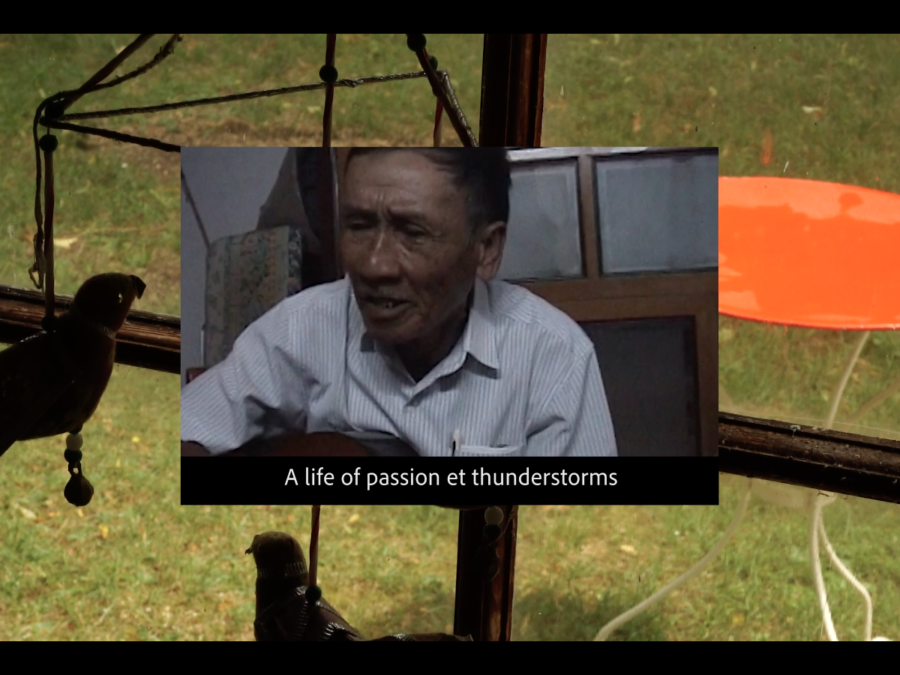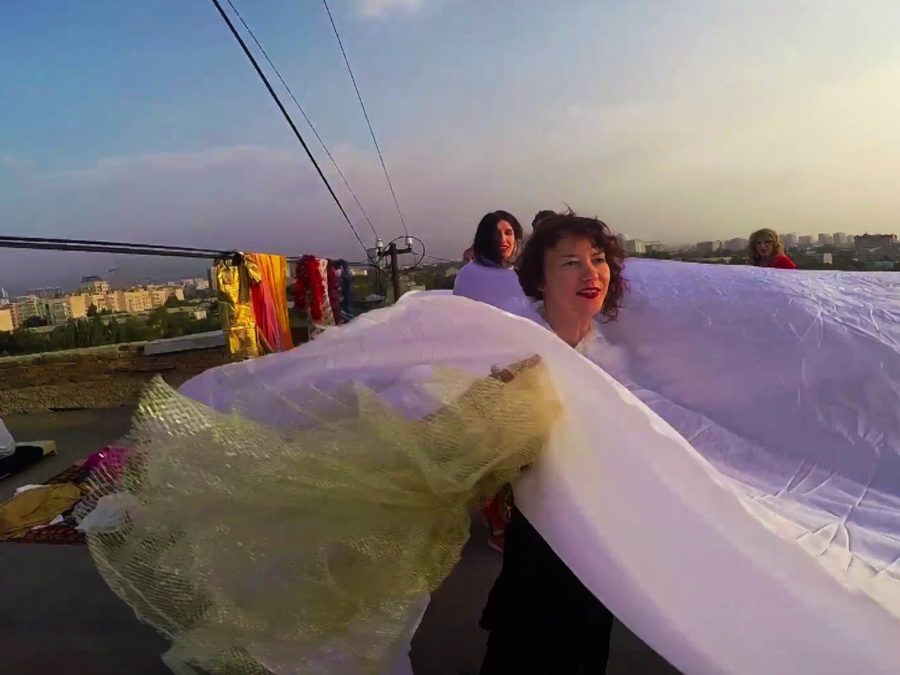Since fall 2016, D’EST has formed a contemporary video art platform that maps out artistic reflections of post-socialist transformations along feminist, post-geographic and decolonial lines of inquiry.[Read more]
[CYCLE 2]
[CYCLE 1]
-
Obscene West and Flickering Love Bites
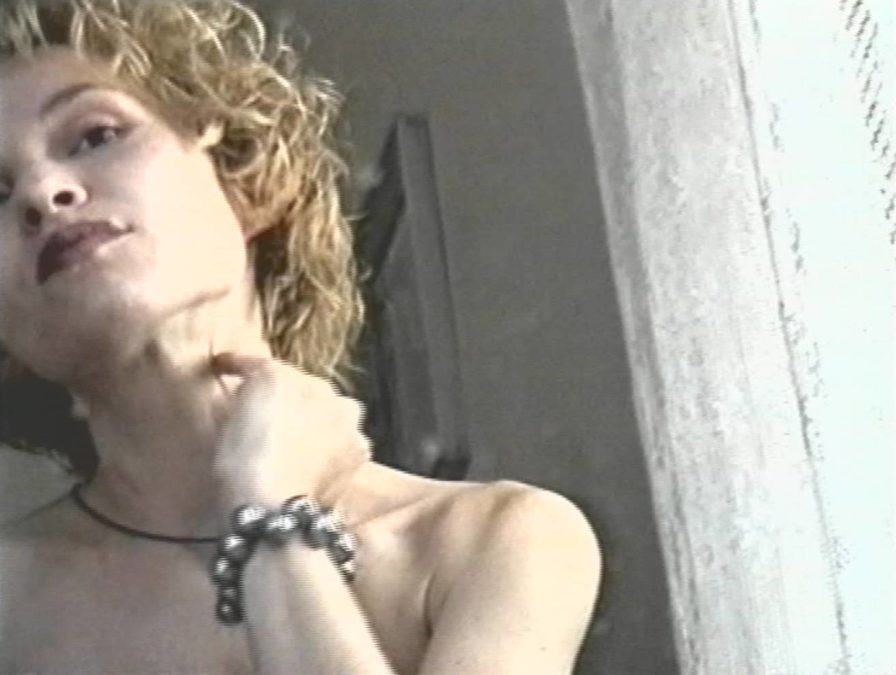 ONLINE: Screening Chapter #8
ONLINE: Screening Chapter #8
→ Curated by Tatiana Bogacheva -
Imagined Community VIII: My Significant Others
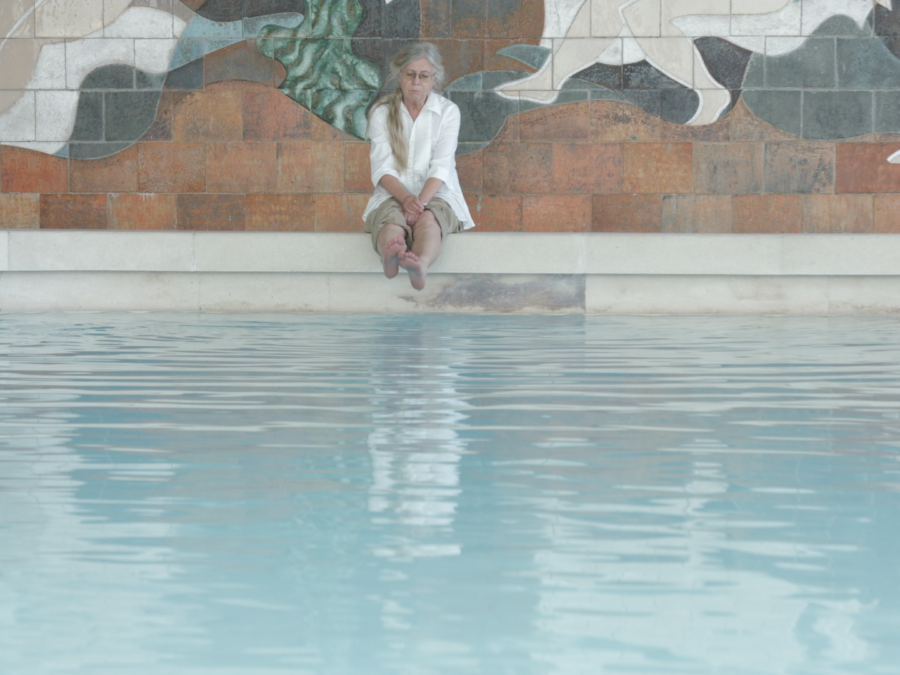 ONLINE: Screening Chapter #7
ONLINE: Screening Chapter #7
→ Curated by Ulrike Gerhardt, Markéta Jonášová -
Signals From Roots To Leaves: A post-botanical assembly
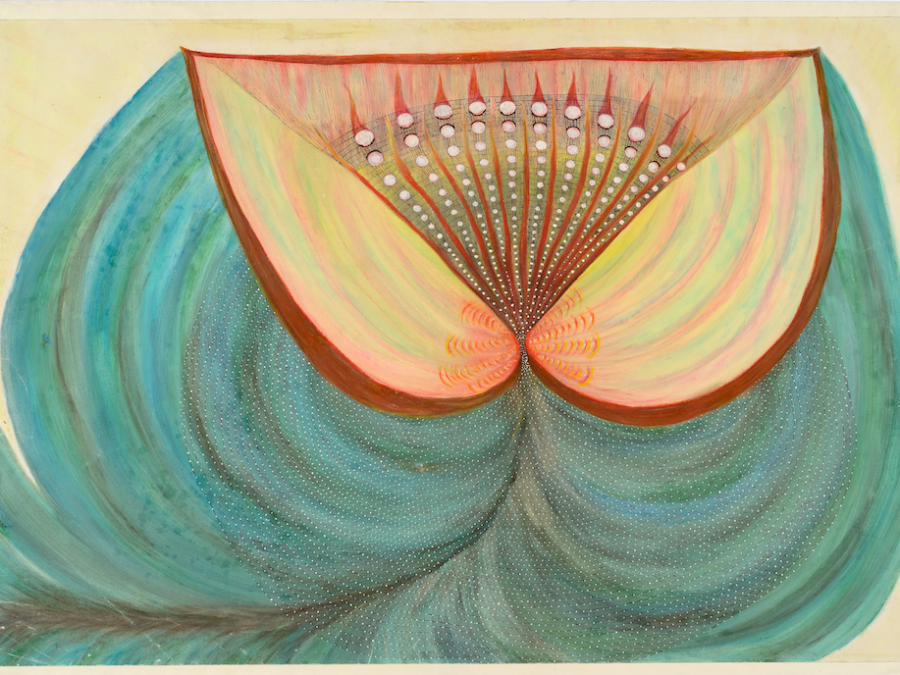 ONLINE: Screening Chapter #6 1/2
ONLINE: Screening Chapter #6 1/2
→ Curated by Suza Husse -
ReTopia
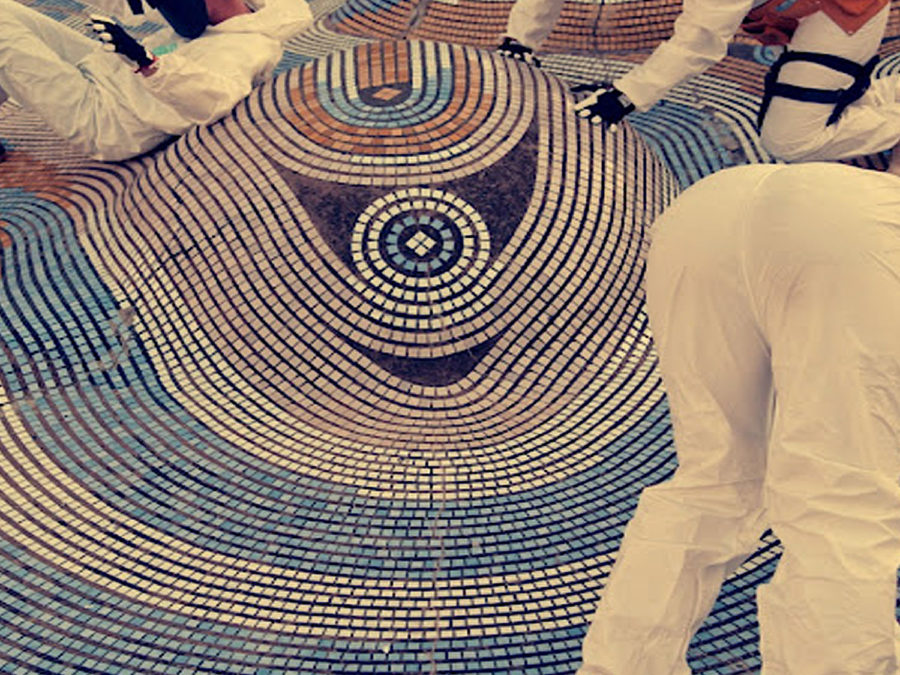 ONLINE: Screening Chapter #6
ONLINE: Screening Chapter #6
→ Curated by Bettina Knaup, Katja Kobolt -
We Are Family
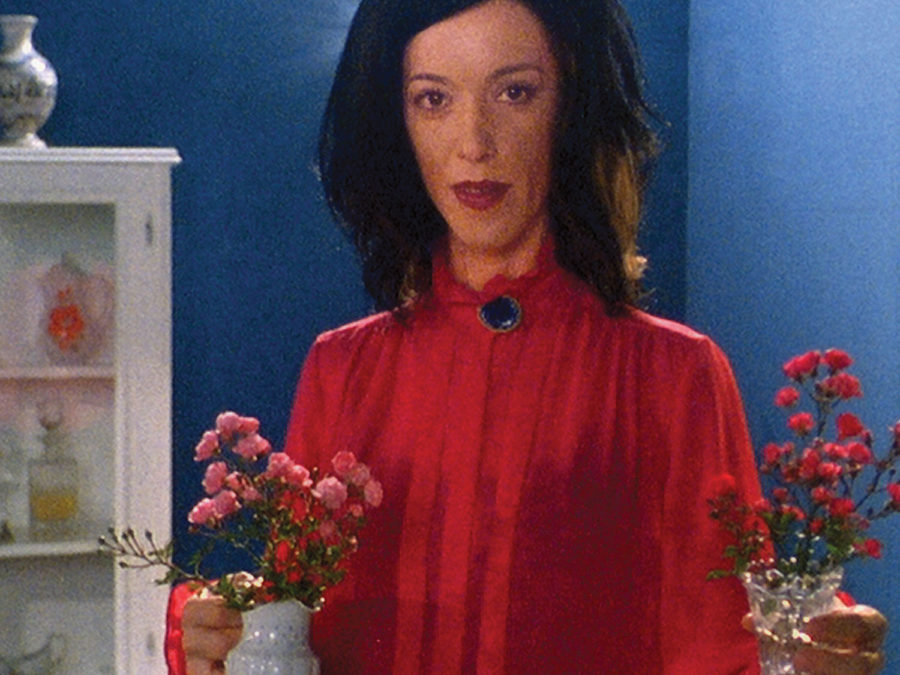 ONLINE: Screening Chapter #5
ONLINE: Screening Chapter #5
→ Curated by Jelena Vesić, Nataša Ilić -
The Body as an Indexical Reader
 ONLINE: Screening Chapter #4
ONLINE: Screening Chapter #4
→ Curated by Eva Birkenstock, Ulrike Gerhardt, Naomi Hennig -
Cosmos Cosmetics: Unresting Memoryscapes and Corpofictions
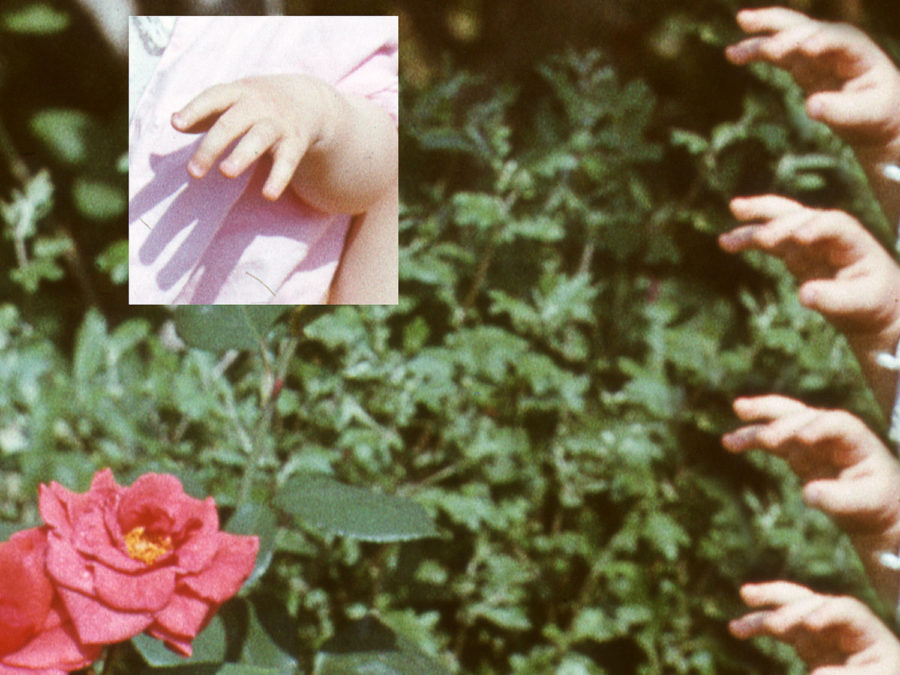 ONLINE: Screening Chapter #3
ONLINE: Screening Chapter #3
→ Curated by Miona Bogović, Suza Husse, Suzana Milevska -
Performing Words, Uttering Performance
 ONLINE: Screening Chapter #2
ONLINE: Screening Chapter #2
→ Curated by Inga Lāce, Anna Bitkina, Maria Veits, TOK (The Creative Association of Curators) -
The Suspension and Excess of Time
 ONLINE: Screening Chapter #1
ONLINE: Screening Chapter #1
→ Curated by Kathrin Becker, Jana Seehusen -
D’EST Prolog: O’ Mystical East and West
 ONLINE: Prolog
ONLINE: Prolog
→ Curated by Xandra Popescu
